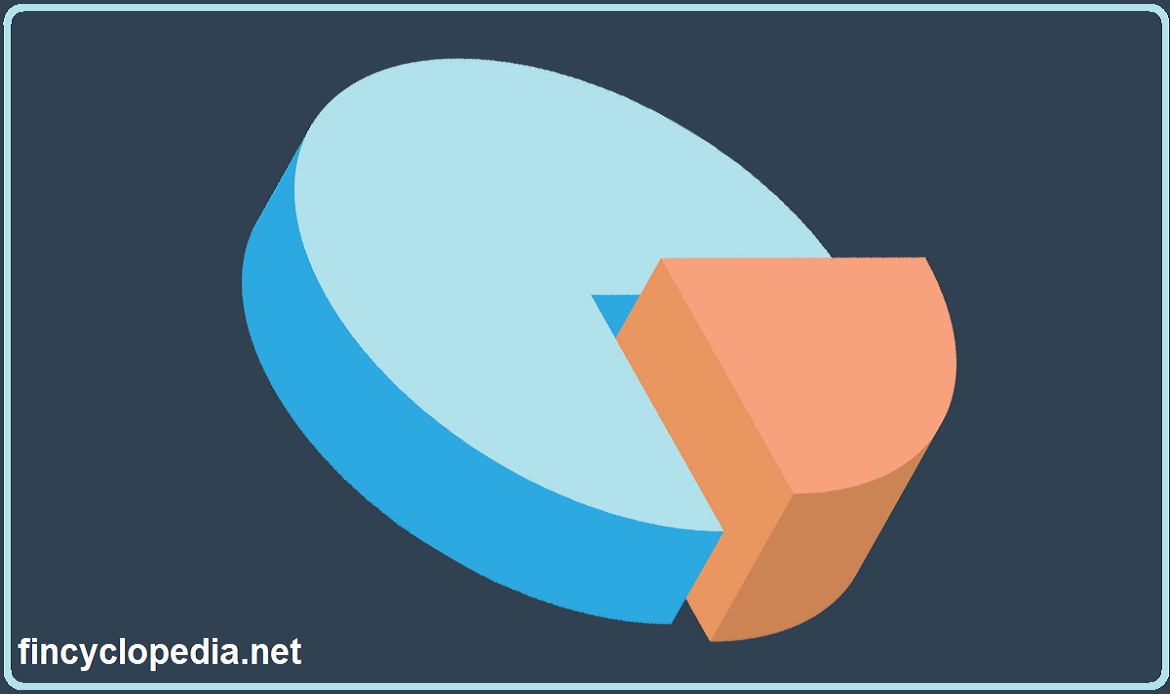An accounting term that is derived from the Latin word ‘creditum’ which means “to trust or entrust”. Credit is a journal entry that records, in terms of effect, an increase in the value of, or addition to, an entity’s assets, or a decrease in the value of, or subtraction from, a liability.
In other words, it reflects the accounting entries in an entity’s balance sheet (statement of financial position) that represent either an decrease in an asset or an increase in a liability.
Generally speaking, in bookkeeping, a credit is an entry on the right side of a double-entry bookkeeping system that reflects the subtraction/ or decrease of an asset or expense or the addition/ increase of a liability or revenue.
Credit decreases assets, expenses, and losses and increases liabilities and stockholders’ equity and other items on the liability side of a balance sheet.
Debits and credits are equal but represent opposite entries in its balance sheet in the bookkeeping system.







